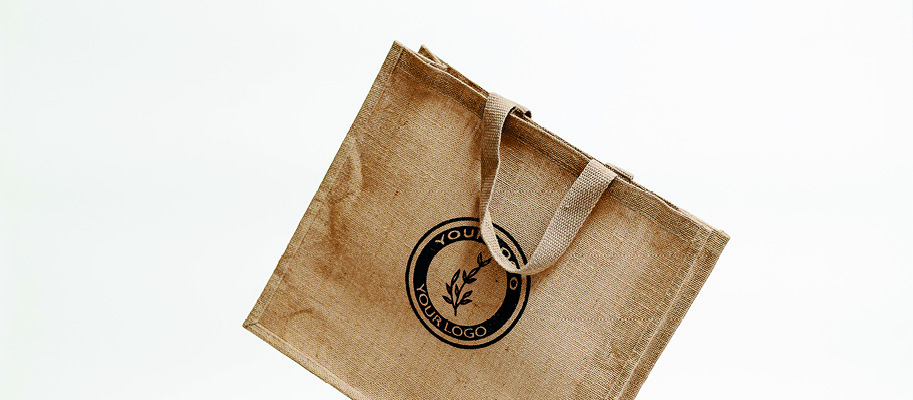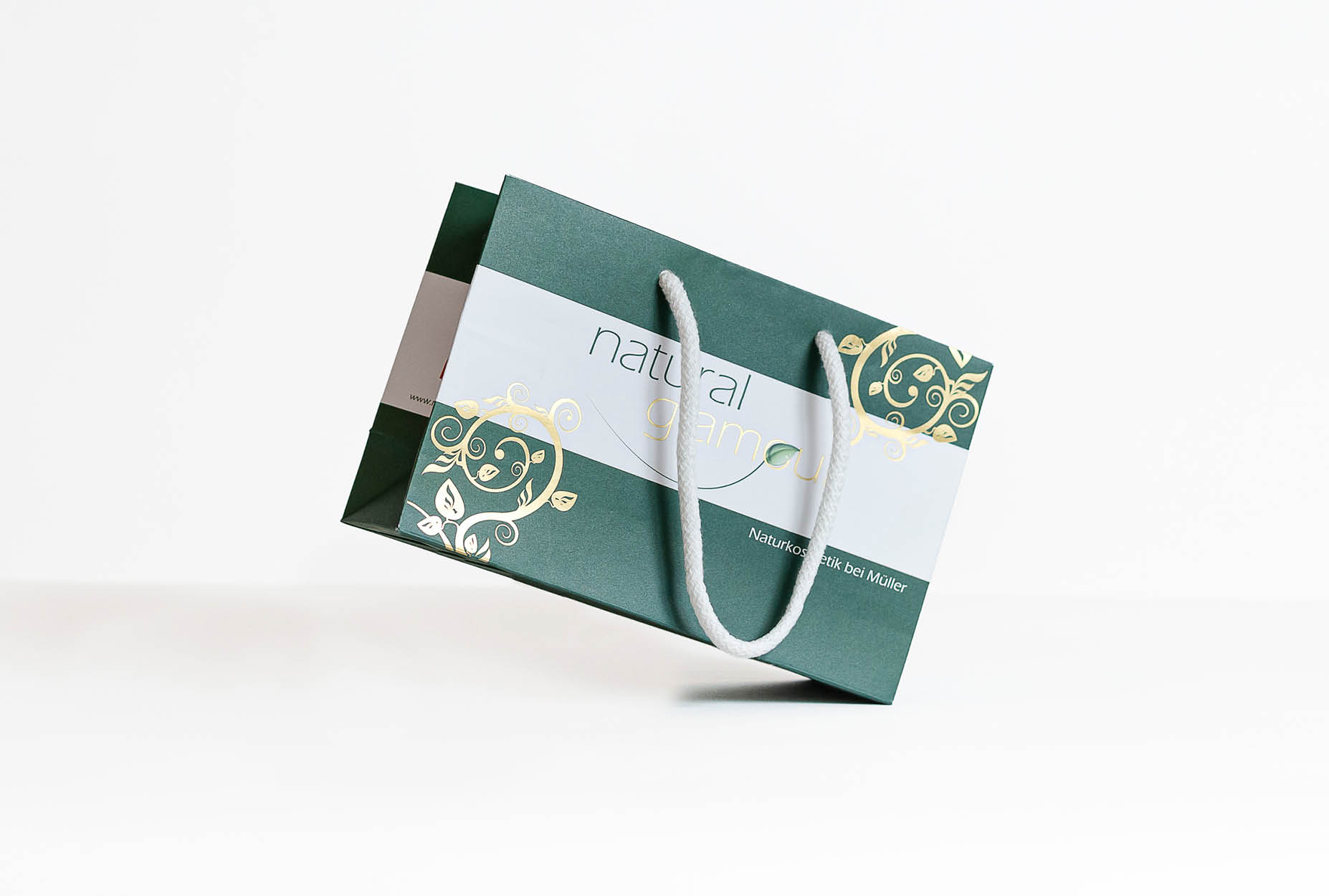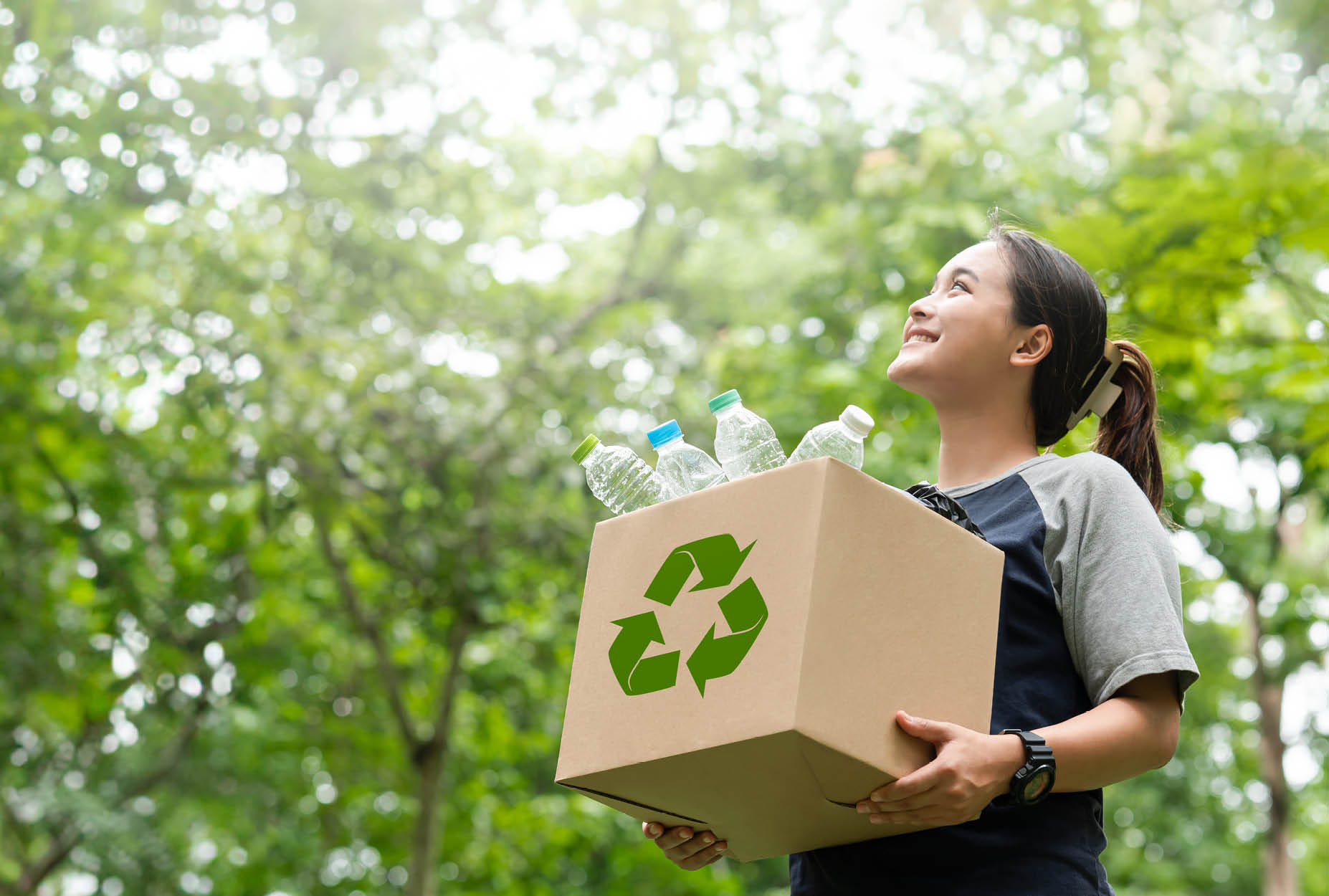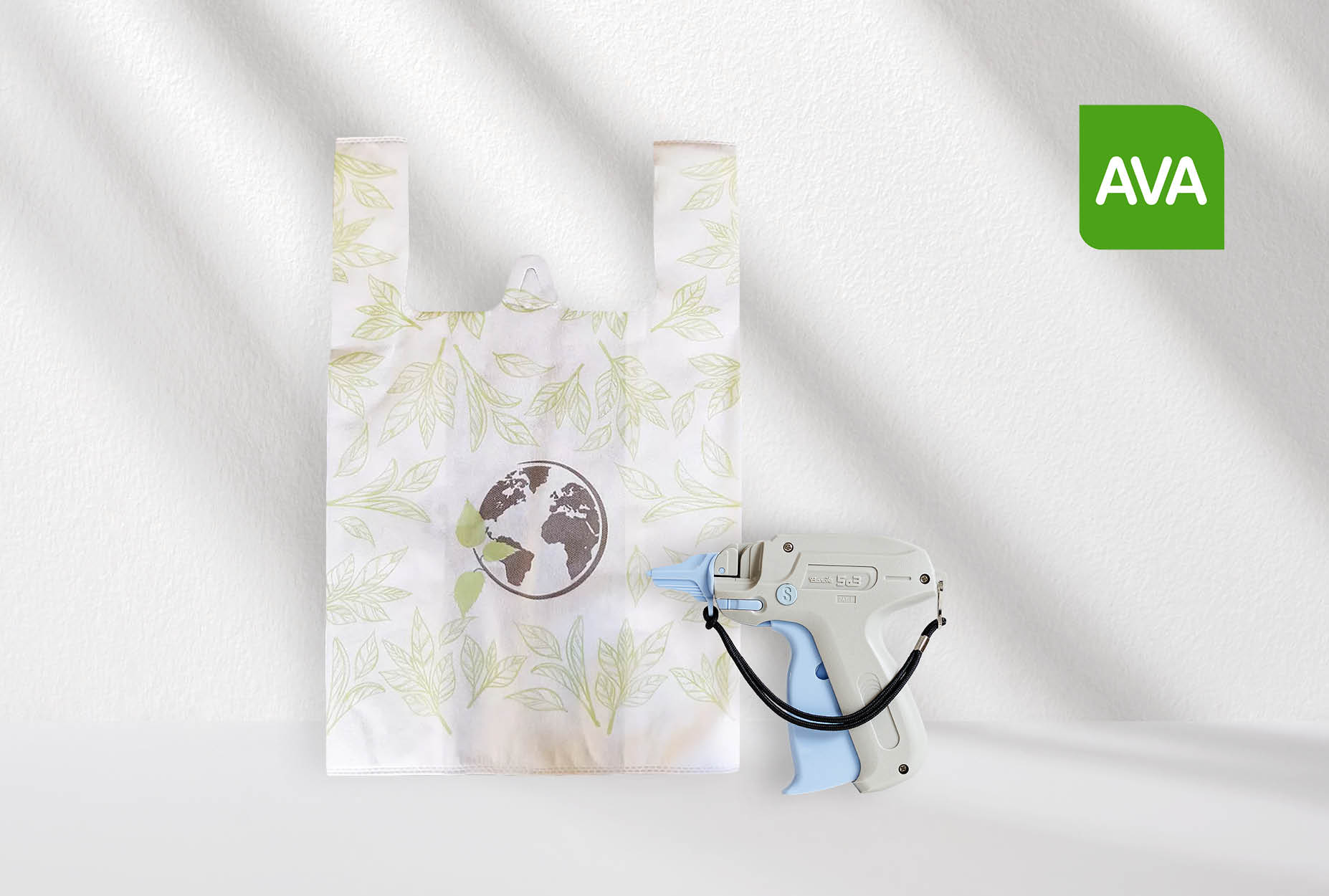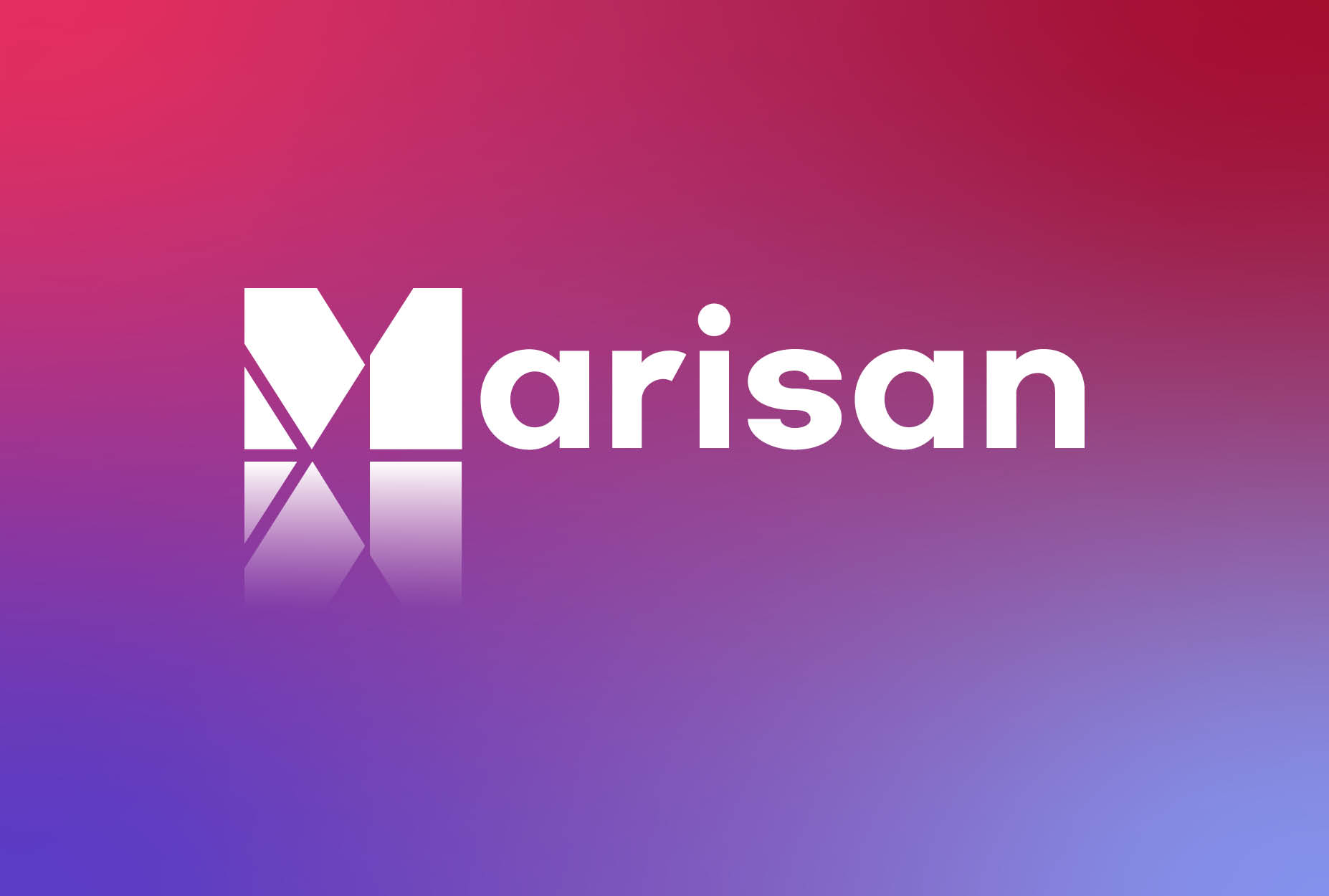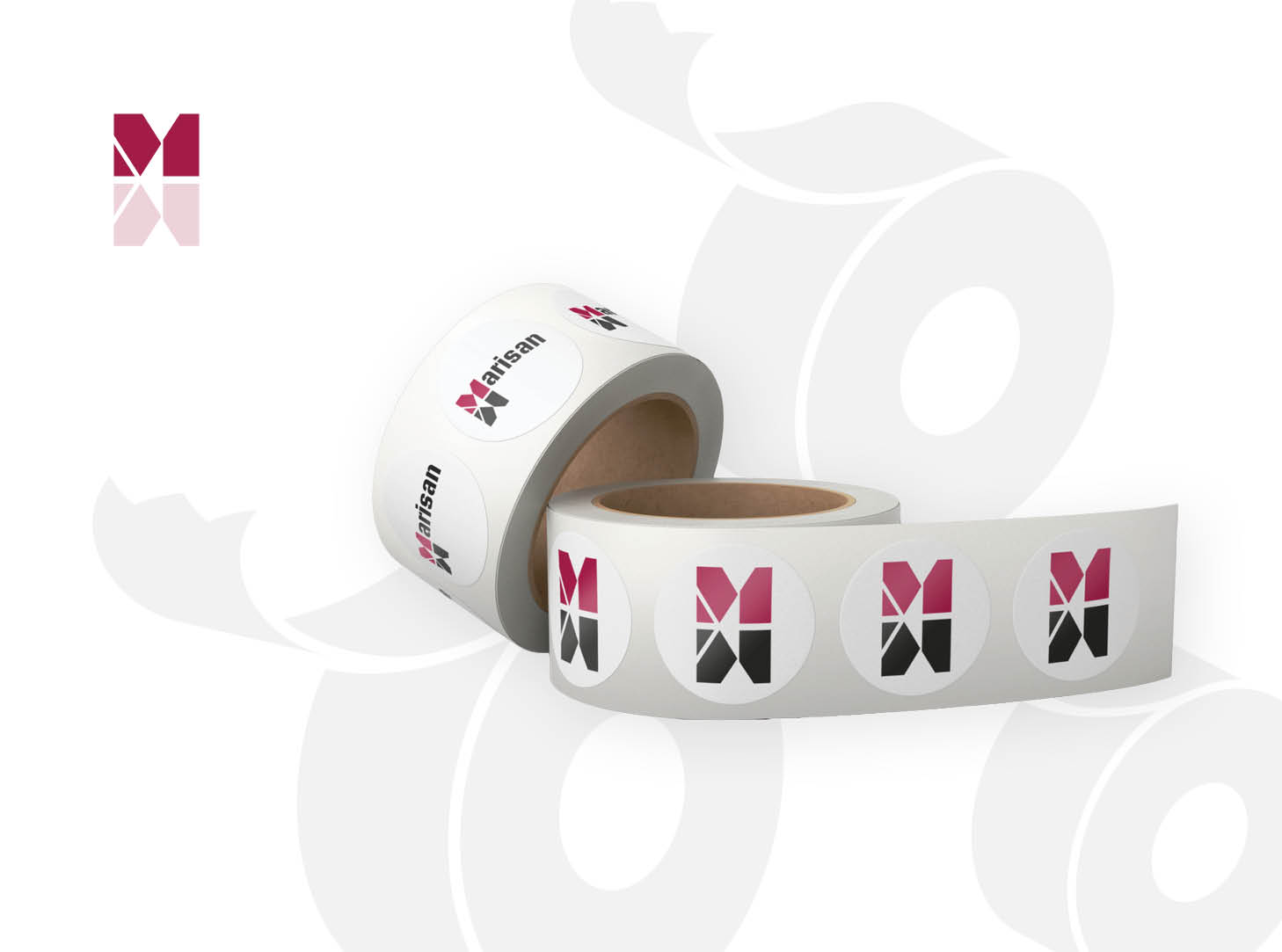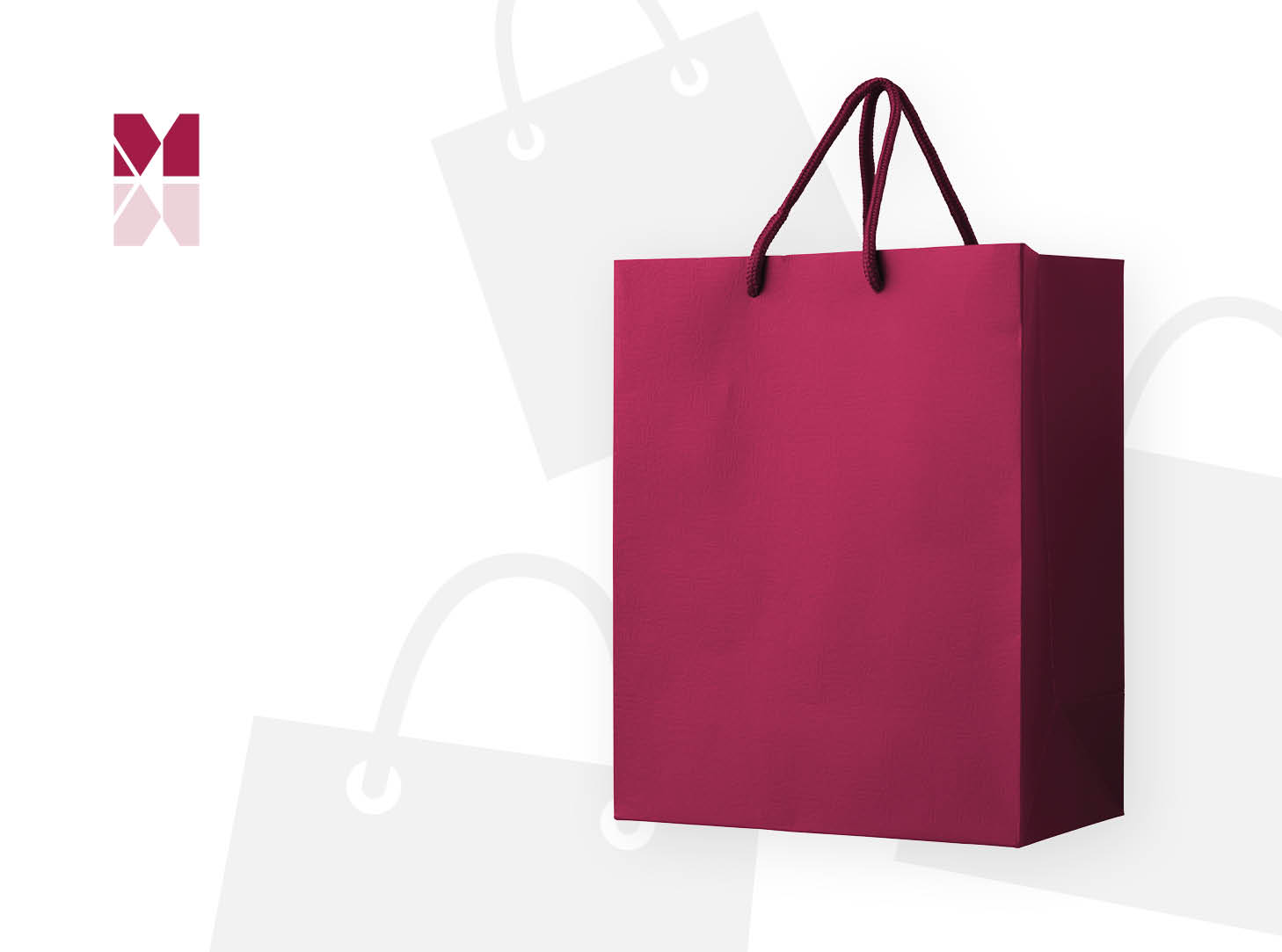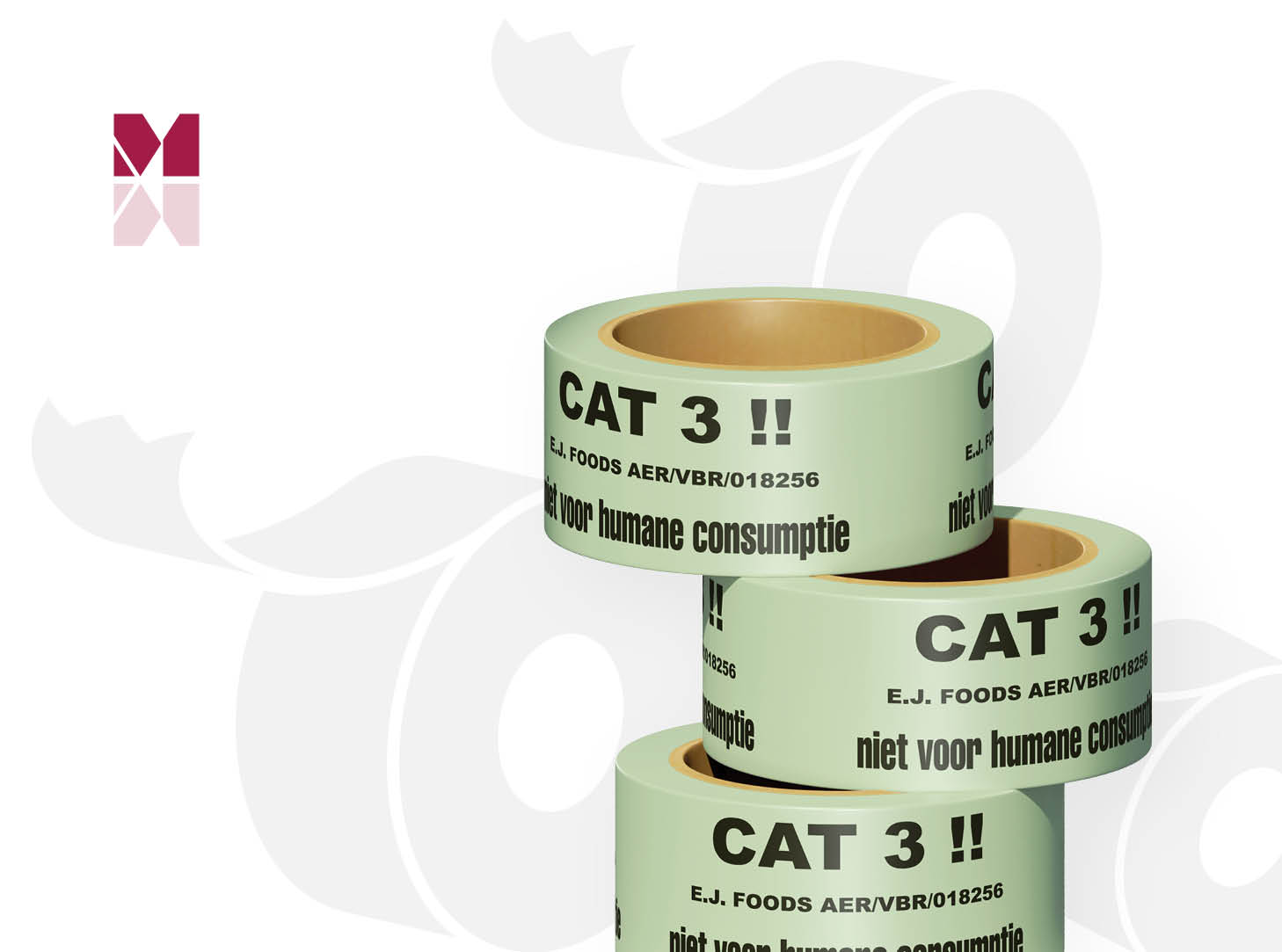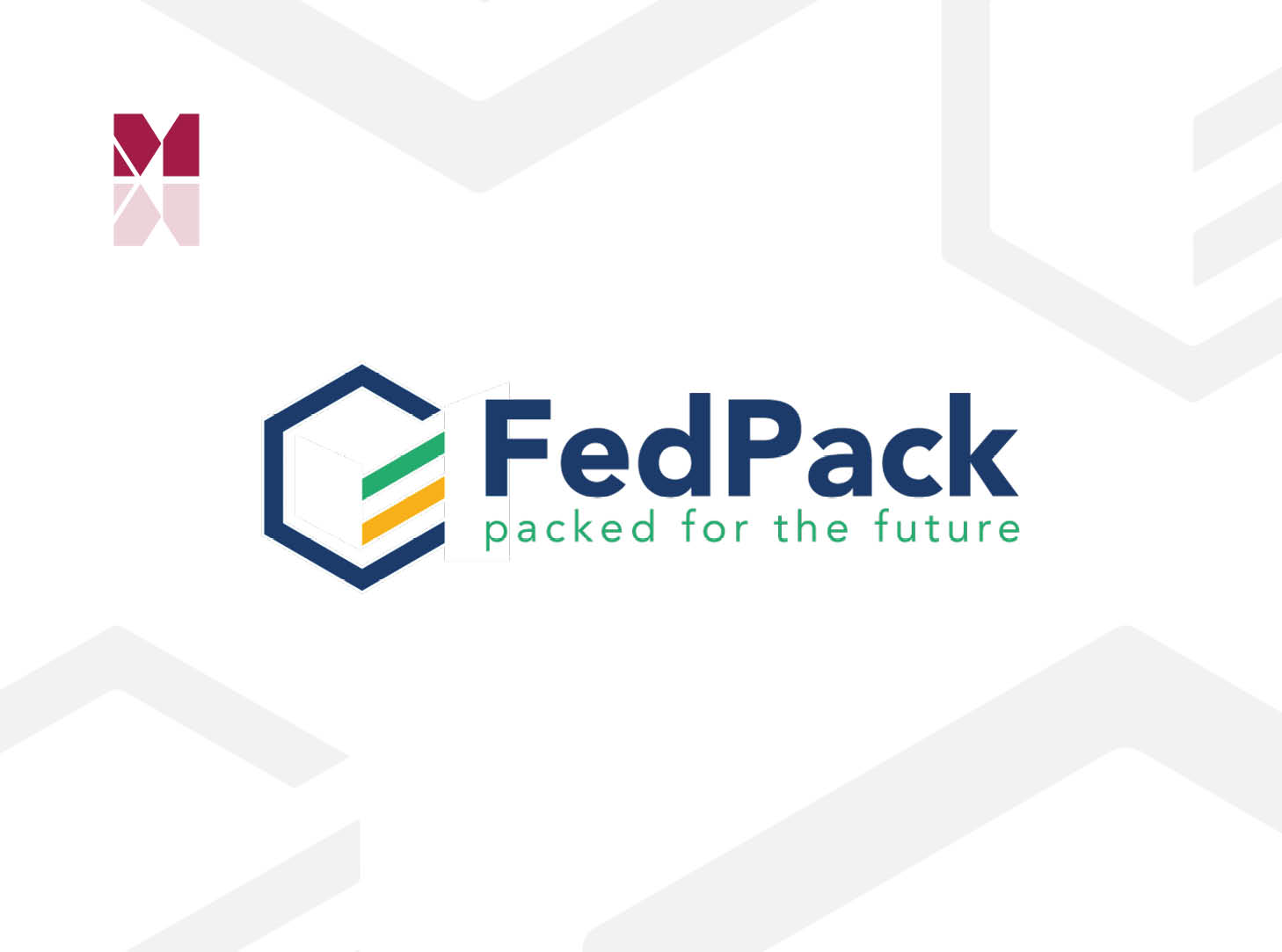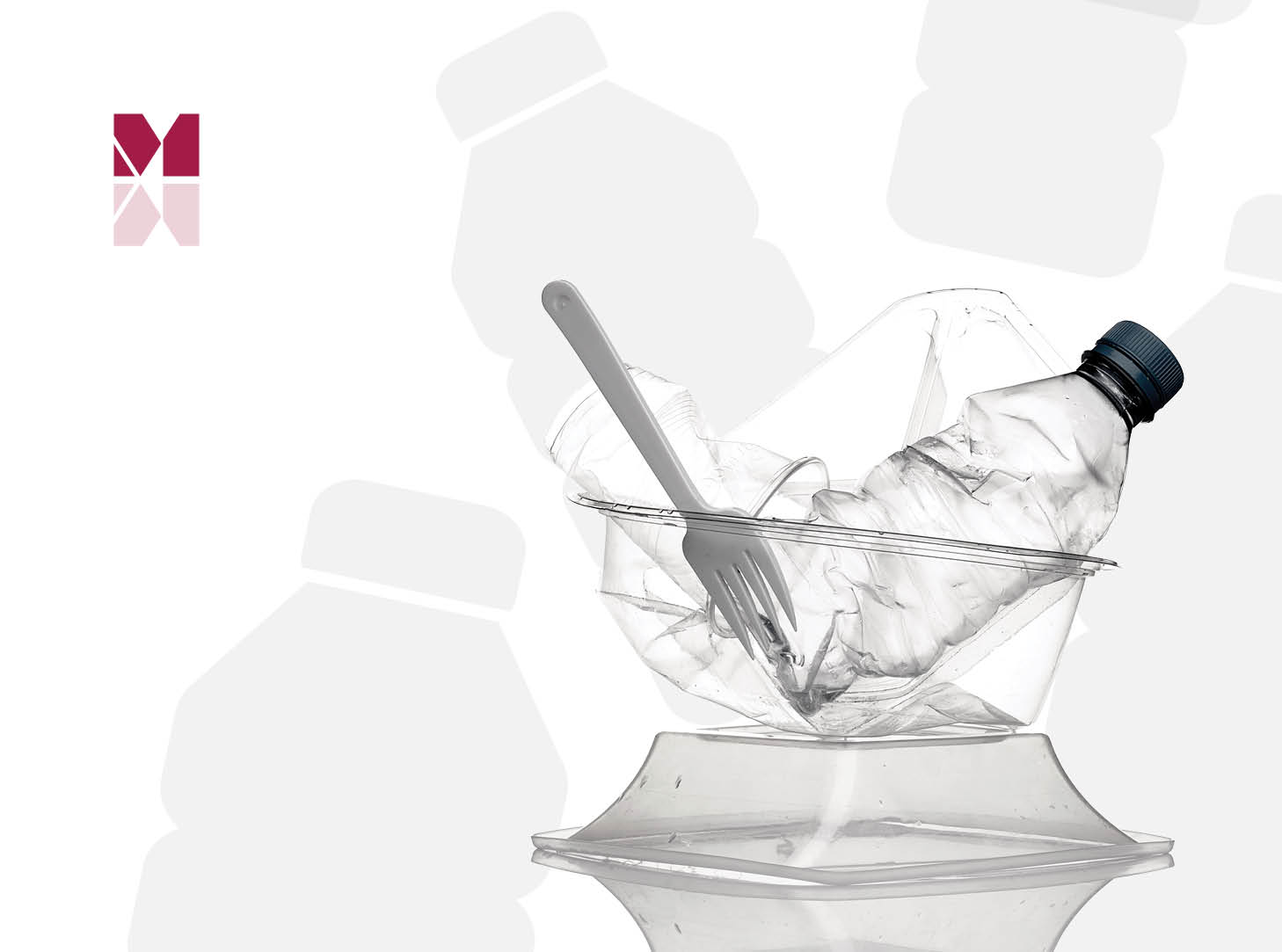Knowledge centre
Marisan aims for circularity: what does that mean?
Sustainability: the tangle of terms unravelled
Resources are not inexhaustible. We have known that for some time! It is therefore a must for consumers and producers to make conscious choices. As a sustainable packaging player, we do just that, with every packaging. But what exactly is sustainability? And what exactly does waste recycling mean? How does circularity work and what is the difference between compostable, biodegradable and biobased?
There are clearly a lot of terms linked to sustainability, but there is also a lot of confusion about their exact meaning and content. We would like to guide you through the tangle of sustainability terms and explain how we use them in our broader ecological picture.
Action is a must!
In Europe there is a scarcity of raw materials, making us financially dependent on other continents. Europe imports raw materials such as ores and critical raw materials. The world population is exploding and we are damaging the ecosystem by emitting greenhouse gases on land, at sea and in the air. In short: plenty of threats to our planet that urge action.
From recycling materials to high-quality recycling
A quarter of total greenhouse gas emissions are caused by the production of materials, which has its impact on global warming. By recycling materials, we avoid CO2 emissions and bring the raw material back into the cycle after processing. However, this recyclable stream is not enough. The time between production and reuse is long and, besides materials, you also need to recover components.
Packaging made of recycled plastic derived from PET bottles can be called high-quality recycled. All components are reused and in a short time. Recycled materials require less energy, carbon and raw materials.
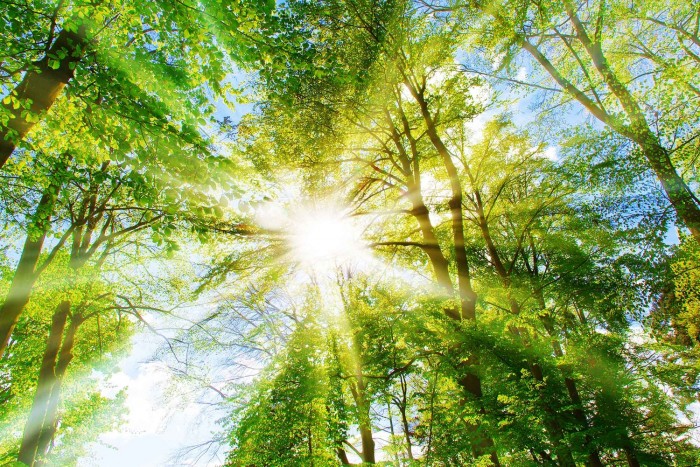
Compostable, biodegradable & biobased
Besides the recyclable stream in the packaging world, there is also a compostable stream. Composting involves breaking down packaging naturally (via fungi and bacteria) and converting it into water, CO2 and methane. You close the loop by composting biodegradable packaging.
Biodegradable as a standalone term, we prefer not to use it too much. It is actually a somewhat hollow term that covers too many things and says nothing about the duration of the degradability of a material.
Biobased does say something more about the raw material: something is made from renewable, natural raw materials, but is therefore not necessarily biodegradable. For the time being, recycled plastics, as we use them, are more advisable than bio-based alternatives.

From linear to circular
Today’s economy is a linear or disposable one. Its consequences are measurable and a new way of thinking and doing things is imposing itself. Circularity is about recovery. If there is production and reuse of sustainable raw materials and goods, we speak of a circular economy. It is an umbrella term for actions and strategies through which we use materials more environmentally consciously and sparingly.
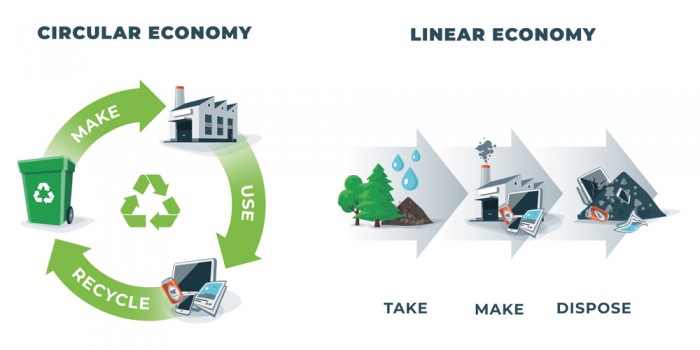
Conditions of a circular economy:
1. Size matters: we aim for the smallest cycle
Large cycle: after disposal, you remove all raw materials from the product and recycle them.
Smaller cycle: after disposal, you try to recover components.
Smallest cycle: after disposal, someone else reuses the product.
2. Gladly slow
The longer you use a product, the better for resource consumption. This is why ‘like to be slow’ is the ultimate credo for the materials cycle. Our jute packaging is the perfect example.
3. The human touch
Besides energy and raw materials, human labour is even more important. Indeed: a circular economy puts thinkers and doers above all else.
4. Value resources
Raw materials and materials, you find them everywhere. In ores, warehouses, but also in roads and buildings, computers, phones, washing machines, cars, … However, we need to use them sparingly. Not least because they are important in the energy transition. After all, solar and wind energy require scarce resources and critical materials.
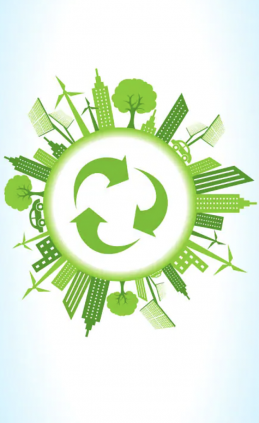
How does Marisan deal with circularity?
We want to keep the cycle as small as possible or preferably close it completely. Thus, we take care of the raw materials and materials that are available. At Marisan, we also strive to reduce the use of materials through innovative use of existing raw materials and products.
- When we make a carrier bag nice and straight, some cutting remnants remain. By incorporating those plastic or paper scraps into something new, we eliminate residual waste.
- We process fallen leaves into carrier bags. In this way, we cleverly transform something that already exists and, among other things, emit less CO2.
Through better design (‘design for recycling’), we can use products longer and more intensively (enabling dematerialisation). Our jute packaging is the best example. Did you know that they are extremely strong and last a very long time? If the packaging is end-of-life, it can be 100% biodegraded.
Sustainable packaging together? We like to think along with you about a responsible, high-quality packaging solution. Feel free to contact us at info@marisan.be or +32 9 232 06 16. We are at your service!
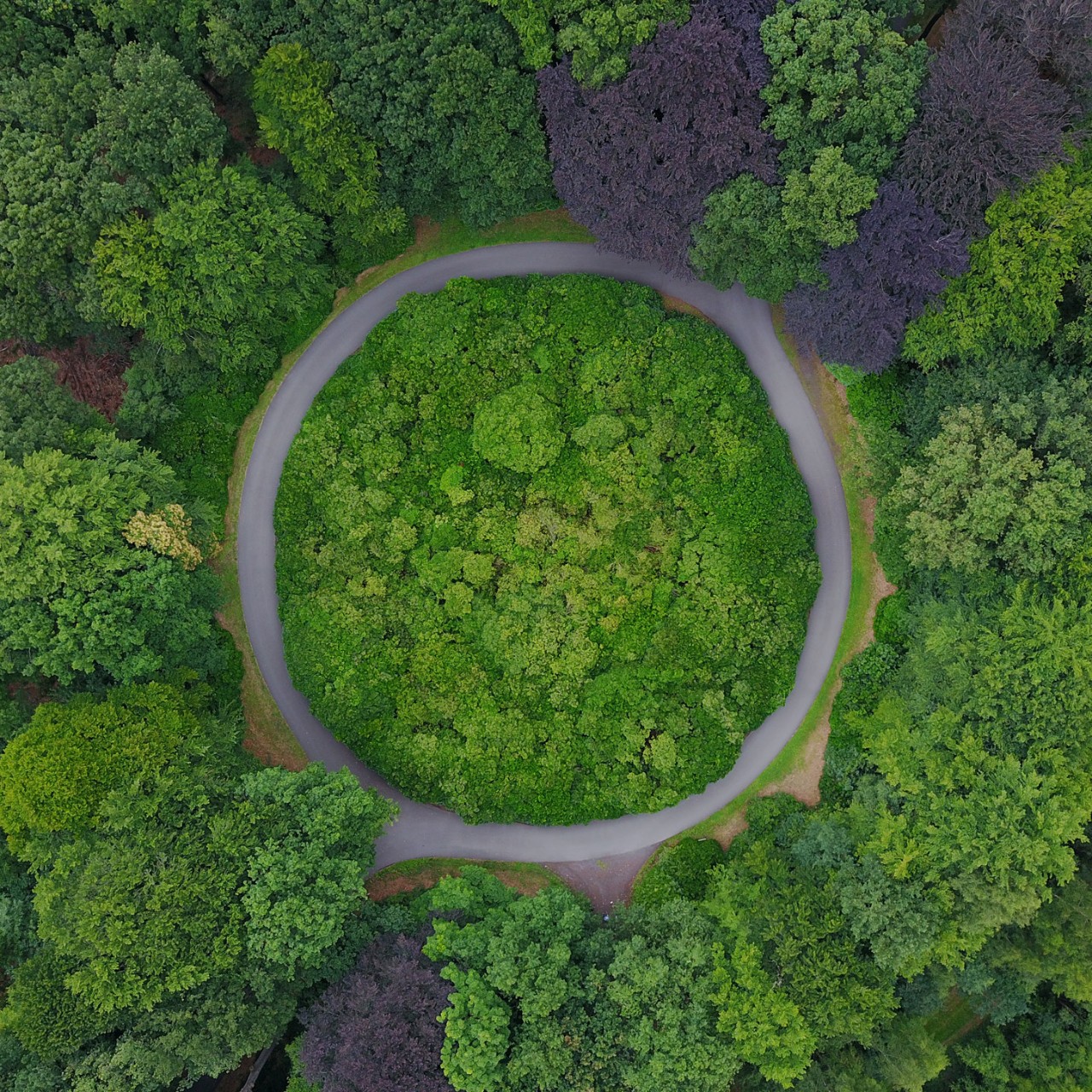
Related products
Explore further
How packaging influences customer experience and brand perception
Blog
Duurzaamheid
NogMeerVerdiepen
In the dynamic world of marketing and branding, packaging plays a crucial role in how consumers perceive and experience a product. At Marisan, experts in innovative packaging solutions, we understand that the right packaging not only catches the customer's attention, but also leaves a lasting impression.
Read moreEcolabels deciphered: the meaning of green symbols on packaging
Blog
Duurzaamheid
NogMeerVerdiepen
In a world where sustainability is becoming increasingly important, green labels and eco-labels play a crucial role in the recognition of environmentally friendly packaging. Whether you are a conscious consumer or a company committed to responsible production, understanding these symbols is essential.
Read moreThrough Marisan in the market, through AVA to the consumer
Case
Duurzaamheid
Succesverhalen
AVA, known for its wide range of catering and retail supplies, has been a loyal partner of Marisan for years. In an interview with Stefan from AVA, we explore the depths of this collaboration, the products offered and the future plans amidst changing market dynamics and legislation.
Read moreWelcome to the new Marisan: renewed, refreshed and ready for the future!
Nieuws
NogMeerVerdiepen
Welcome to the new era of Marisan! Our journey of innovation brings us more than just a visual metamorphosis; it is a complete reinvention of how we present ourselves to the world, both online and offline. Step inside our world where innovation, clarity and customer focus are the cornerstones of everything we do!
Read moreFree whitepaper ‘Your pet food presented in a catchy way’
Whitepaper
NogMeerVerdiepen
Did you know that your choice of pet food packaging says as much as the crispy chunks inside? We are Marisan, a packaging specialist in many sectors for many years, and we would like to introduce ourselves to you! From the first conversation to that last label on the bag, we understand what your brand needs.
Read morePrinting labels? The checklist for success!
Blog
NogMeerVerdiepen
In the dynamic world of logistics and e-commerce, labels are more than just stickers; they represent the identity of your product. But creating the perfect label is an art in itself. Below you will find the extensive checklist you need to design, print and apply your labels yourself.
Read moreThe importance of monomaterial: a step forward with Marisan
Blog
Duurzaamheid
NogMeerVerdiepen
The world of sustainable packaging is always on the move. At Marisan we are always looking for ways to make our beautiful planet a little better. One of the clearest trends? Mono material! Simply put, this means using one type of material for the entire packaging. Why is that so important? Because it makes recycling a lot easier!
Read moreEJ Foods and Marisan: classification as a quality mark
Case
Succesverhalen
Labels have numerous functions: boost your branding, save time or act as an information carrier. And Marisan provides these informative labels for EJ Foods, a renowned manufacturer and distributor in the pet food industry from Liedekerke. We spoke with Aurelie Bauveroy, co-manager of EJ Foods about their collaboration with Marisan.
Read moreNavigating Changing Times: FedPack’s Role in the Service Packaging Industry
Blog
NogMeerVerdiepen
In the dynamic world of service packaging – the jars, trays and carrier bags we all know – FedPack plays a crucial role. And this under the leadership of Marisan's own Sven De Vis. As chairman of this influential professional federation, Sven steers the course towards fairer market conditions for Belgian providers.
Read moreGoodbye single-use plastics: a sustainable future or an impossibility?
Blog
Duurzaamheid
NogMeerVerdiepen
In a world that is becoming increasingly aware of environmental issues, single-use plastics are in the focus of attention. These products, which are often used only once before being thrown away or recycled, pose a substantial challenge to our environment. But would it be it realistic to eliminate these plastics completely by 2035?
Read more

